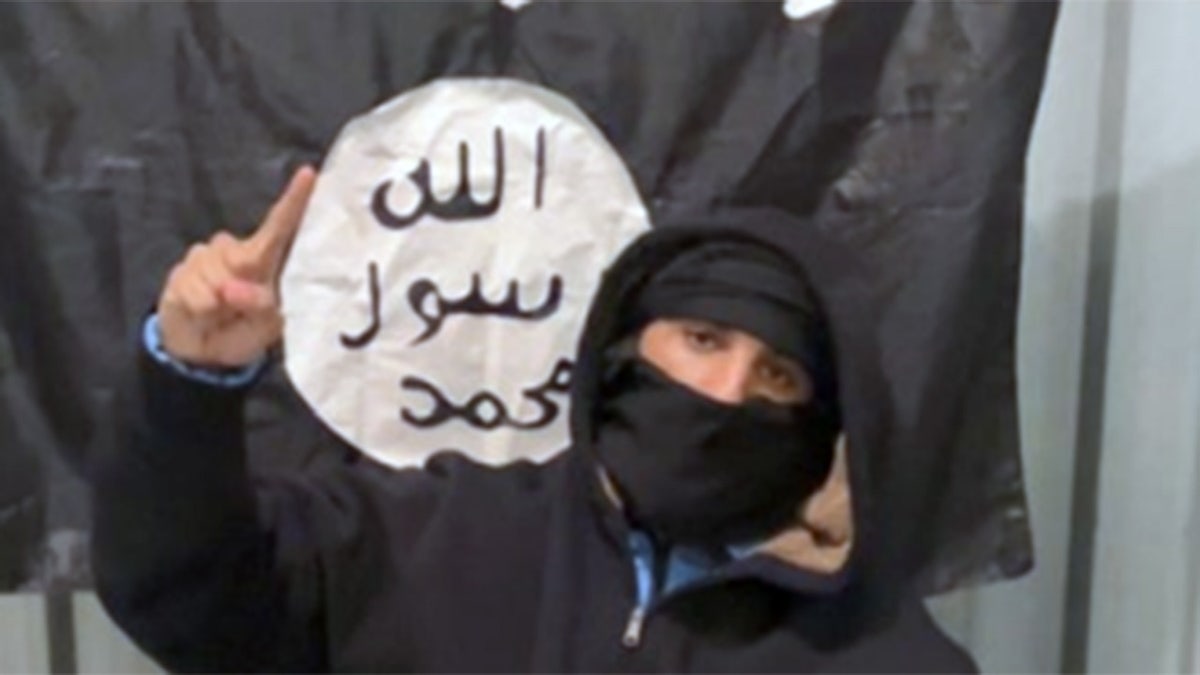Escalating Violence in Gaza: Casualties Rise Amid Ongoing Offensive
Israel's military offensive in Gaza intensifies, with recent strikes resulting in significant casualties. What are the implications for the region as both sides navigate the ongoing conflict?
The situation in Gaza continues to deteriorate as Israeli airstrikes escalate, leading to tragic loss of life and further displacement. A recent strike on a tent encampment in Khan Yunis has reportedly killed at least 10 individuals, with civilian defense teams working tirelessly to rescue those injured. The humanitarian crisis deepens as the United Nations estimates that around half a million people have been displaced since the ceasefire ended, highlighting the dire conditions faced by civilians.
Recent Developments in the Conflict
Since the resumption of military operations on March 18, Israel claims to have transformed approximately 30% of Gaza into a security buffer zone, targeting around 1,200 locations deemed as terror sites. The airstrikes have resulted in over 100 targeted eliminations, indicating a robust military strategy aimed at dismantling Hamas's operational capabilities. However, the human cost is mounting, with reports indicating that at least 35 people have lost their lives in the recent wave of attacks.
The Israeli military's actions have drawn international scrutiny, particularly with the loss of notable figures such as Fatima Hassuna, a well-respected writer and photographer who documented the war. Her death underscores the broader impact of the conflict on cultural and civil society.
Hamas's Response and Negotiation Dynamics
As violence escalates, efforts to restore a ceasefire remain ongoing. A senior Hamas official has indicated that the group is contemplating its response to an Israeli proposal, which reportedly includes a six-week ceasefire in return for Hamas disarming and releasing a portion of the hostages it holds. However, the official emphasized that there would be no room for a partial deal, asserting that Hamas's weapons will not be up for negotiation.
Israeli Prime Minister Benjamin Netanyahu has instructed security chiefs and negotiators to prioritize the release of hostages, following an assessment of the ongoing situation. The complexity of negotiations is heightened by the release of a video showing an Israeli-German hostage appealing to both the Israeli government and U.S. President Donald Trump for assistance in securing his freedom.
International Reactions and Implications
The international community is closely monitoring the situation as Russian President Vladimir Putin recently met with Alexander Trufenova, a Russian-Israeli hostage freed by Hamas. The implications of such diplomatic engagements could play a crucial role in shaping future negotiations and the broader geopolitical landscape.
Conclusion
As casualties in Gaza rise and the humanitarian situation worsens, the prospects for a peaceful resolution remain uncertain. The ongoing military operations by Israel, coupled with Hamas's unwillingness to negotiate on key issues, leave the region in a precarious position. The need for a sustainable ceasefire and a comprehensive peace agreement is more pressing than ever, as both sides grapple with the devastating consequences of the conflict.
Stay tuned for updates as this developing story unfolds and for insights into the broader implications for peace in the region.
What's Your Reaction?















